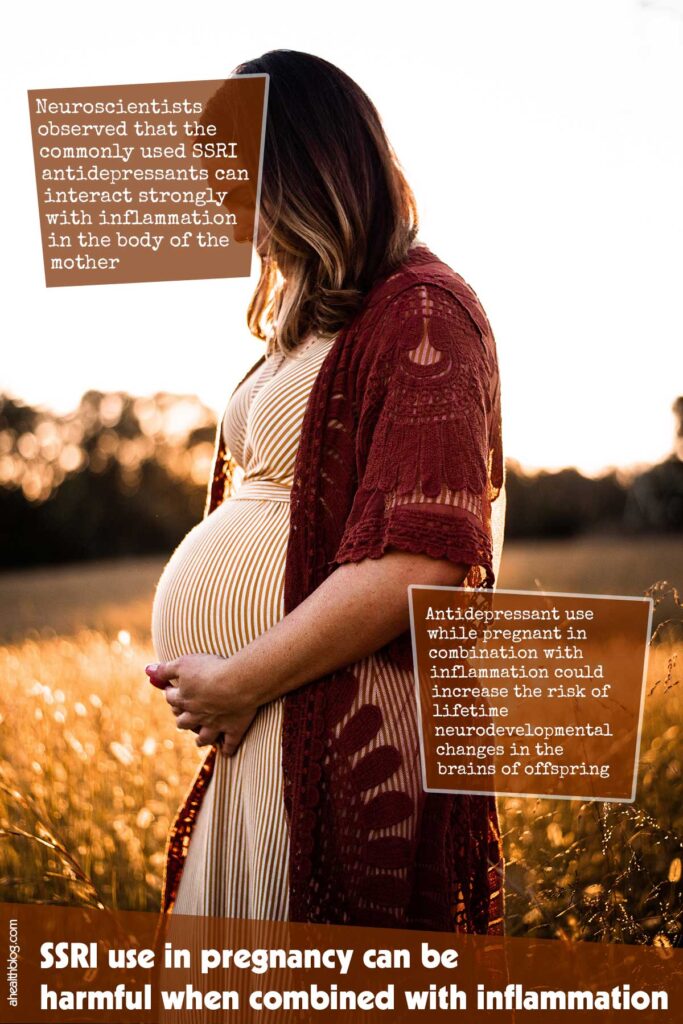Studies indicate that antidepressant use during gestation combined with inflammation could increase the risk of lifelong neurodevelopmental changes to offspring’s brains – potentially including those linked with autism spectrum disorder.
Neuroscientists recently discovered that commonly prescribed SSRI antidepressants interact strongly with inflammation in mother’s bodies, leading to harmful changes in decidua and placenta of lab mice which adversely impacted brain development.
These findings demonstrate how selective serotonin reuptake inhibitors (SSRIs) may exacerbate inflammation or infection, possibly helping explain the rise in autism prevalence over the last two decades, coinciding with widespread usage of SSRIs.
Women seeking depression treatment commonly turn to SSRIs during gestation. While these medications are usually regarded as safe solutions, research indicates they could increase the risks of premature delivery, neurological issues and other health concerns among children during their lives.
Researchers discovered that SSRIs interact with the mother’s immune system to create an acute inflammatory reaction at what’s known as the maternal-fetal interface – the physical link between mother and baby during gestation.
These babies showed behavioral changes that are consistent with autism spectrum disorder, such as reduced communication and lessened social interactions interest.
Researchers identified inflammatory signatures in placenta samples that corresponded with neurologic changes observed among adult children of mothers who experienced immune challenges during gestation.
Previous studies have demonstrated how infections, autoimmune disorders and other conditions that alter immunity during gestation can adversely impact neurodevelopment. Researchers believe SSRIs could interact and amplify inflammation resulting in lasting changes to brain development.
According to researchers, this makes sense due to how SSRIs alter serotonin levels; serotonin serves both as an important mood regulator and immune response modulator, with infants receiving serotonin through placenta during early gestation stages; thus interfering with serotonin levels could have serious repercussions for offspring.
Researchers found that inflammation alone and when combined with SSRIs altered placenta serotonin levels in opposite ways. Furthermore, mothers who experienced immune challenges during gestation displayed different placental serotonin signatures when taking SSRIs than mothers not taking such medications.
This underscores the significance of considering all aspects of prenatal environment when prescribing medications to reduce inflammation; otherwise, these could have unintended repercussions when combined with other modulators like selective serotonin reuptake inhibitors (SSRIs).
The team noted that selective serotonin reuptake inhibitors (SSRIs) are effective medications to treat depression, and advised women who are pregnant not to stop using them without consulting their physicians first.

